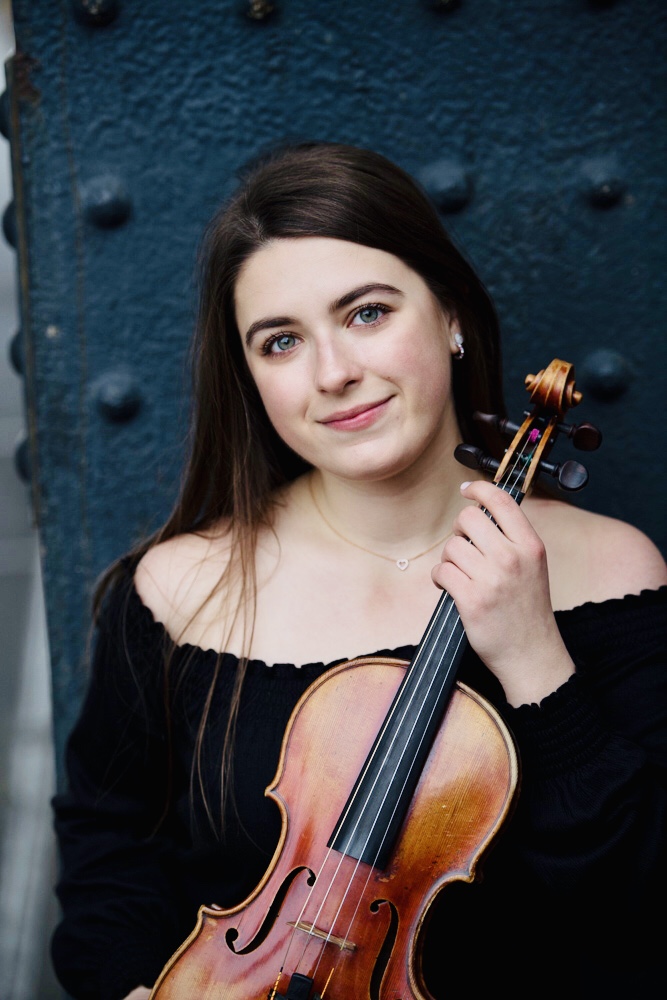Alright – so today we’ve got the honor of introducing you to Zeynep Alpan. We think you’ll enjoy our conversation, we’ve shared it below.
Zeynep, thanks for joining us, excited to have you contributing your stories and insights. What’s been the most meaningful project you’ve worked on?
One of the most meaningful projects I have worked on was designing and directing a music boot camp in Nairobi, Kenya, in partnership with the Art of Music Foundation’s Ghetto Classics program—a community music initiative that provides music education to young musicians from underserved areas—and the Althafen Foundation. This project was about more than just teaching music; it was about creating a sustainable educational model that promoted excellence, access, and empowerment for both students and teachers.
Before launching the program, I spent time deeply immersed in the Art of Music Foundation’s community—observing teachers, attending rehearsals, meeting students and parents, and gaining a deep understanding of the challenges they faced. I wanted to ensure that this was not a one-size-fits-all program but rather an initiative that reflected the needs, strengths, and aspirations of the educators and students involved. Through strategic planning, curriculum design, and collaborative training, we built an immersive teacher development and student learning framework—a structure designed to continue growing long after the boot camp ended.
Each day, teachers participated in pedagogical training sessions in the morning, followed by hands-on teaching in the afternoon. They were observed during their classes and received real-time feedback, allowing for immediate application of new techniques. Students engaged in intensive, high-quality music instruction, participating in both small chamber ensembles and larger orchestras, giving them an opportunity to develop both individual musicianship and ensemble collaboration.
One of the most remarkable aspects of this experience was the collaborative spirit it fostered. Teachers learned from one another, experimented with new strategies, and applied pedagogical concepts in real time. Meanwhile, students thrived in an environment where they felt challenged, supported, and part of something greater than themselves. The full-orchestra sessions at the end of each day were particularly unforgettable—bringing together an unconventional mix of instruments into a single ensemble. What we jokingly called the strangest orchestra in existence quickly became a powerful demonstration of teamwork, adaptability, and creative problem-solving. The result was not only unexpectedly harmonious but also a testament to the power of music to unite and inspire.
But what stood out most was the transformation that extended beyond music. Students were not just developing technical proficiency; they were learning how to take risks, embrace challenges, think strategically, solve problems, and trust the process of improvement. Teachers were not just refining their instructional methods; they were discovering how to empower their students to think critically and independently. The boot camp became a space where discipline, teamwork, resilience, and creativity were cultivated through the medium of music.
This experience reinforced that successful music programs do not just transfer knowledge and technical skills—they create sustainable systems that empower individuals and communities to grow on their own terms. Music became a unifying force, breaking down barriers and fostering connections across cultures, backgrounds, and skill levels.
The boot camp was just the beginning. The real success lies in what happens next—how teachers continue to implement these ideas, how students carry forward their confidence, and how this framework evolves into something even greater.
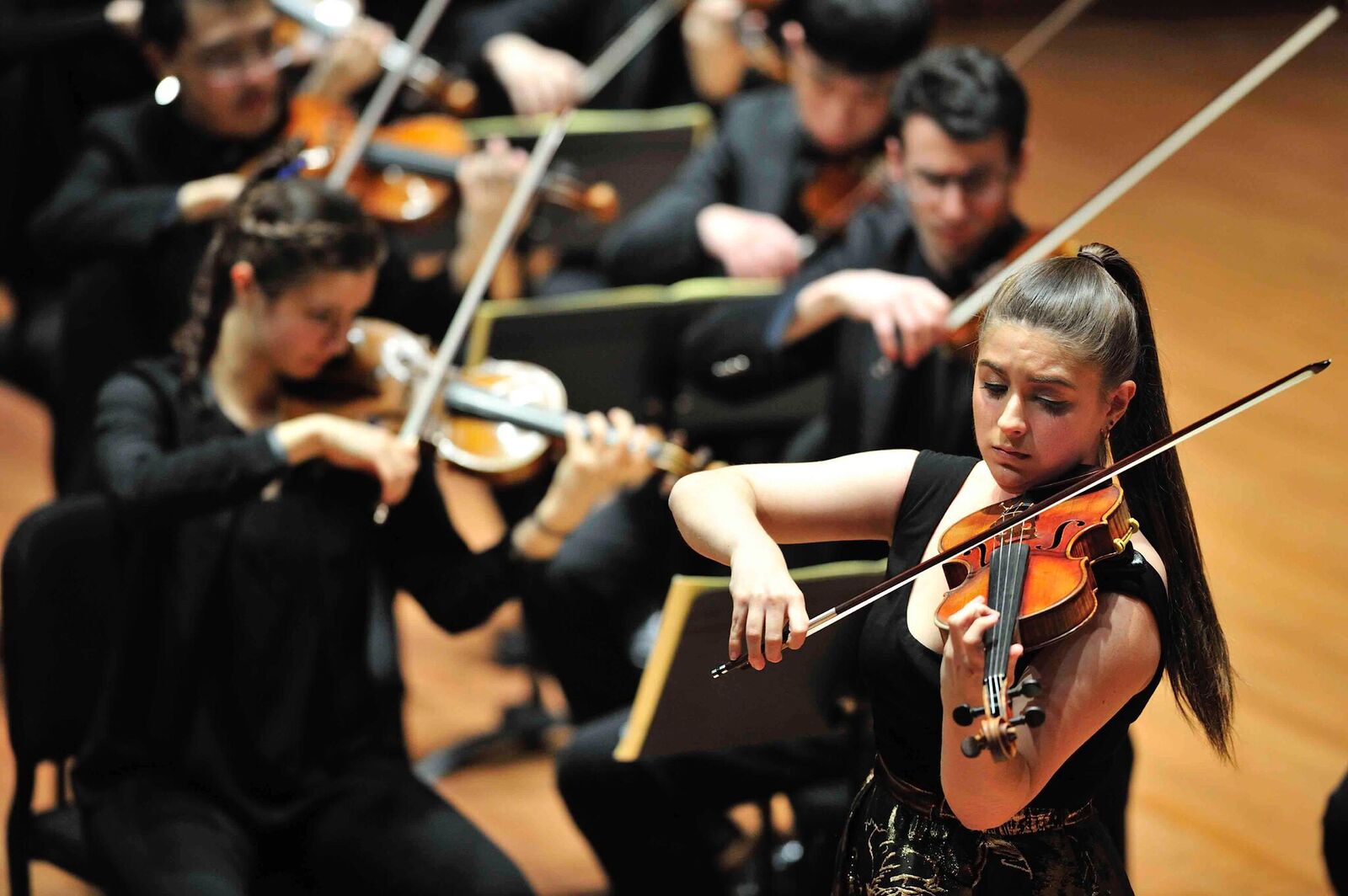
Zeynep, love having you share your insights with us. Before we ask you more questions, maybe you can take a moment to introduce yourself to our readers who might have missed our earlier conversations?
Music has been a part of my life for as long as I can remember, but my journey into the field had an unconventional start. I first picked up the violin at the age of five as part of music therapy for speech delay and Auditory Processing Disorder. Almost immediately, something clicked. Within months, I was not only performing my first violin recital—I was also speaking. That experience shaped my deep belief in the transformative power of music, not just as an art form but as a tool for communication, connection, and personal growth.
I went on to study at one of the world’s top conservatories, The Juilliard School, where I earned my Bachelor’s and Master’s degrees in Music. In May of 2024, I completed my Doctorate of Musical Arts at Stony Brook University.
My career has taken me across the world, performing as a soloist, chamber musician, and orchestral musician at Carnegie Hall, Royal Albert Hall, and the Kennedy Center, among many others. I have had the privilege of playing for the President and First Lady of Türkiye, touring internationally, and winning prestigious competitions such as the Juilliard Concerto Competition and the Dorothy DeLay Fellowship Competition.
As a faculty member at the New York Philharmonic, Orchestra of St. Luke’s, and Lincoln Center, I have dedicated my career to training the next generation of musicians, working with students at Lincoln Center, Carnegie Hall’s National Youth Orchestra USA, Juilliard’s preparatory programs, and other pre-college programs. Many of my students have gone on to attend top institutions and win competitions, but beyond technical excellence, I strive to instill a sense of artistry, leadership, and curiosity in every student I work with. In addition to that, I hold the Karen and William Watt Youth Orchestra of St. Luke’s Symphony Conductor Chair.
Education, however, is not confined to the classroom or rehearsal space. My work has allowed me to create and take part in projects that bridge cultures through music, fostering artistic and educational collaborations between Türkiye, the United States, Kenya, Europe, and beyond.
Whether performing, teaching, or producing cultural initiatives, my work is centered around connection—connecting people through music, connecting cultures through shared artistic experiences, and connecting students with the skills they need to grow, not only as musicians but as leaders, problem-solvers, and creative thinkers. I believe that music is more than an art form; it is a lens for learning transferable skills—discipline, collaboration, adaptability, and critical thinking—that can be applied to any field or aspect of life.
For me, success is not just measured by performances or accolades, but by the impact music has on people’s lives. Whether it’s a student discovering their confidence on stage, a teacher finding new ways to inspire their class, or an audience member experiencing something deeply moving, I am driven by the belief that music has the power to transform, to unite, and to inspire. That is what I strive to bring to every project, every student, and every performance.
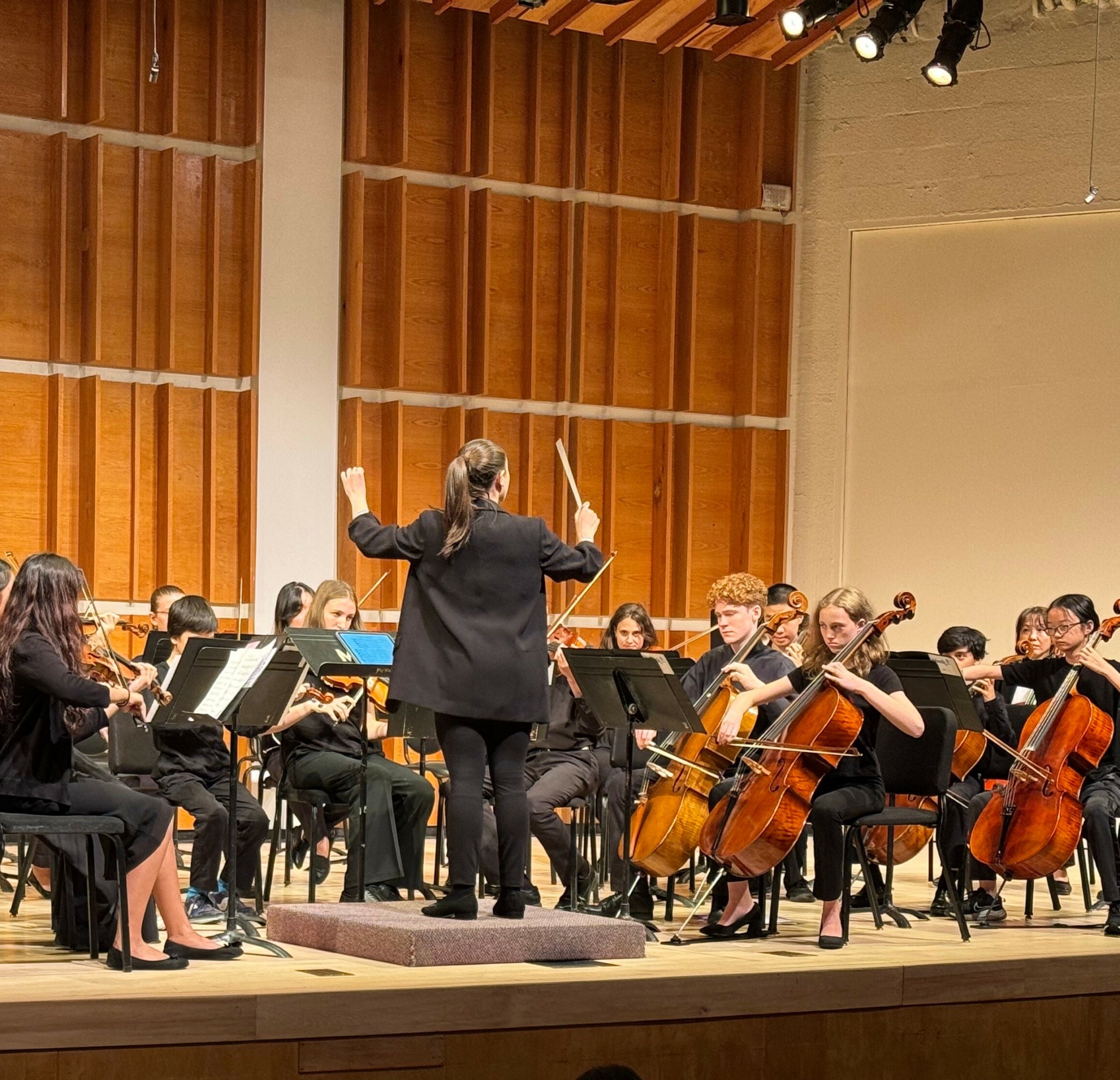
What do you think is the goal or mission that drives your creative journey?
At the heart of my creative journey is a deep commitment to connection, education, and empowerment through music. I have always believed that music is far more than an artistic pursuit—it is a powerful tool for communication, personal growth, and cultural exchange. Whether performing, teaching, or designing music programs, I strive to create opportunities where music serves as a bridge—between people, disciplines, and communities.
I believe that music is more than a skill; it is a lens for learning transferable qualities like discipline, collaboration, adaptability, and critical thinking, which can be applied to any aspect of life. This philosophy drives my work, from training the next generation of musicians to launching initiatives that expand access to high-quality music education in communities around the world. I am constantly seeking ways to expand access to meaningful, high-quality music experiences that go beyond the stage.
Ultimately, my goal as both a performer and educator is to create impact, produce excellence, and inspire others to see music not just as something to learn or to listen to, but as something that shapes who we are and how we interact with the world. Whether through performing, mentoring, or developing new programs, I want my work to open doors, create opportunities, and challenge people to think differently about what music can be and what it can do.
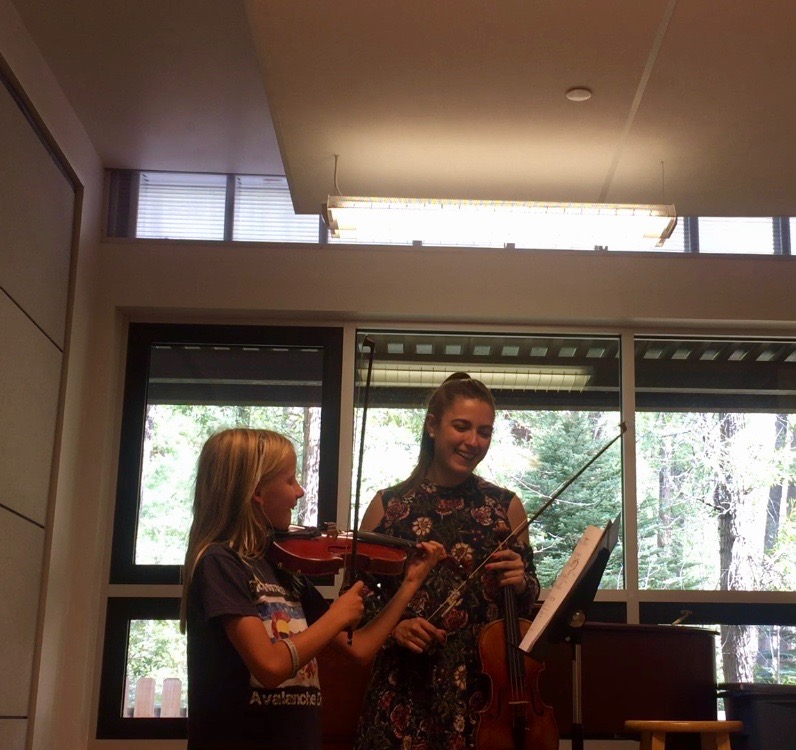
Is there something you think non-creatives will struggle to understand about your journey as a creative? Maybe you can provide some insight – you never know who might benefit from the enlightenment.
One common misconception about a creative career is that it is fueled mainly by talent and inspiration—that successful artists are simply gifted, or that they pick up their instrument and create effortlessly. The reality is far more complex. Creativity, whether in music, visual arts, or any other discipline, is deeply rooted in discipline, resilience, and an extraordinary amount of unseen effort and time. Behind every performance, composition, or artistic project, there are countless hours of practice, preparation, problem-solving, networking, and revision that most people never see.
Beyond the creative process itself, what many non-creatives may not realize is that being an artist is not just about creating—it’s about building a sustainable career in an industry that can often feel unpredictable. Unlike traditional career paths with clear promotions and financial stability, a creative career requires entrepreneurial thinking, adaptability, and an immense amount of self-motivation. There are no set benchmarks for success, no step-by-step guide. Instead, artists must build their own opportunities, create their own networks, develop skills beyond their craft, and continuously innovate.
For me, this has meant not only honing my craft as a musician but also embracing roles as an educator, mentor, and producer. Teaching at institutions like Lincoln Center, the New York Philharmonic, and Juilliard has given me insight into how music is not just about technical skill—it is about teaching resilience, leadership, adaptability, and problem-solving, qualities that extend far beyond the stage. Whether launching a music boot camp in Nairobi, Kenya, or mentoring students worldwide, I have seen firsthand how creativity is not just an artistic pursuit, but a way of thinking—a method of approaching challenges with innovation and persistence.
Beyond artistry, sustaining a career in the arts often requires building skill sets that many don’t associate with being a musician—from designing and maintaining a personal website to handling marketing and PR, to developing financial and business management skills. Many artists are also their own business owners, managers, and strategists, navigating everything from contract negotiations to funding opportunities.
The biggest lesson I have learned is that creativity is both an art and a discipline. It demands structure, strategy, and the ability to turn setbacks into stepping stones. Behind every successful project or performance is not just passion, but an extraordinary amount of unseen labor, risk-taking, and perseverance. The moments of brilliance people witness on stage are only possible because of the relentless process of trial, failure, consistency, refinement, and growth.
Contact Info:
- Website: https://www.alpanstudios.com
- Instagram: @zeynepalpan
- Youtube: @alpanstudios
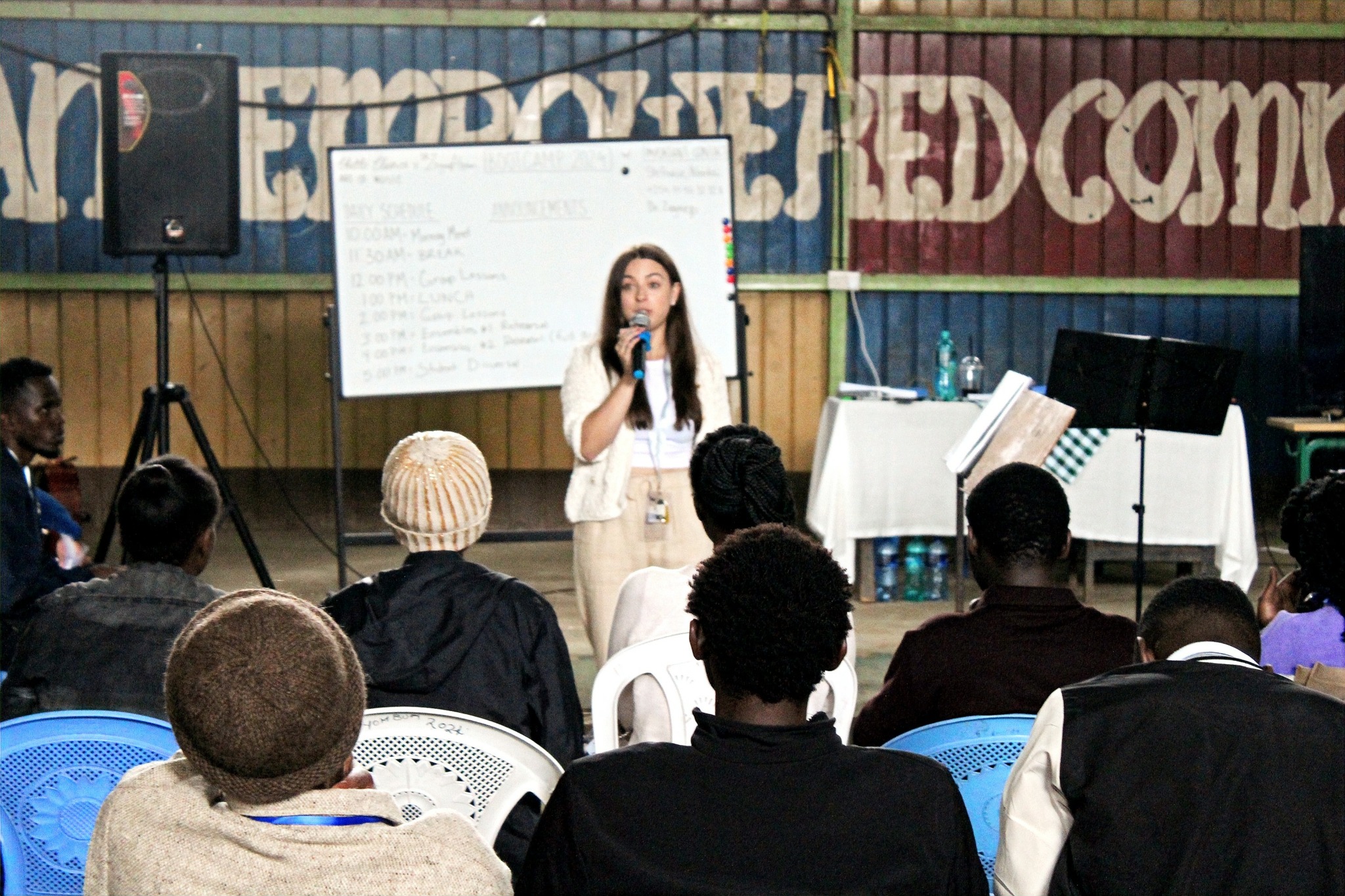
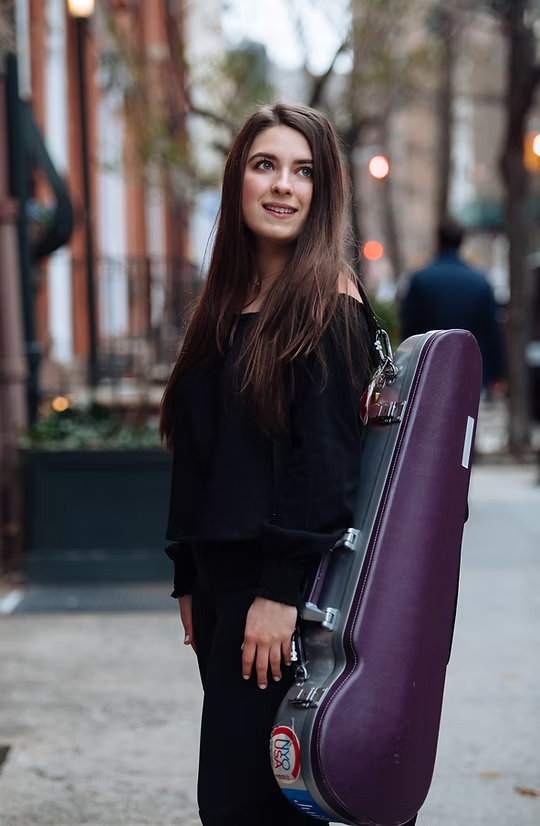

Image Credits
Jiyang Chen Photography


